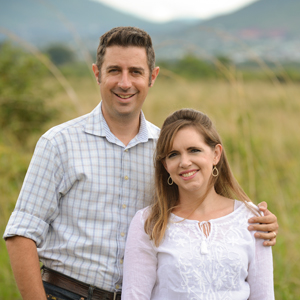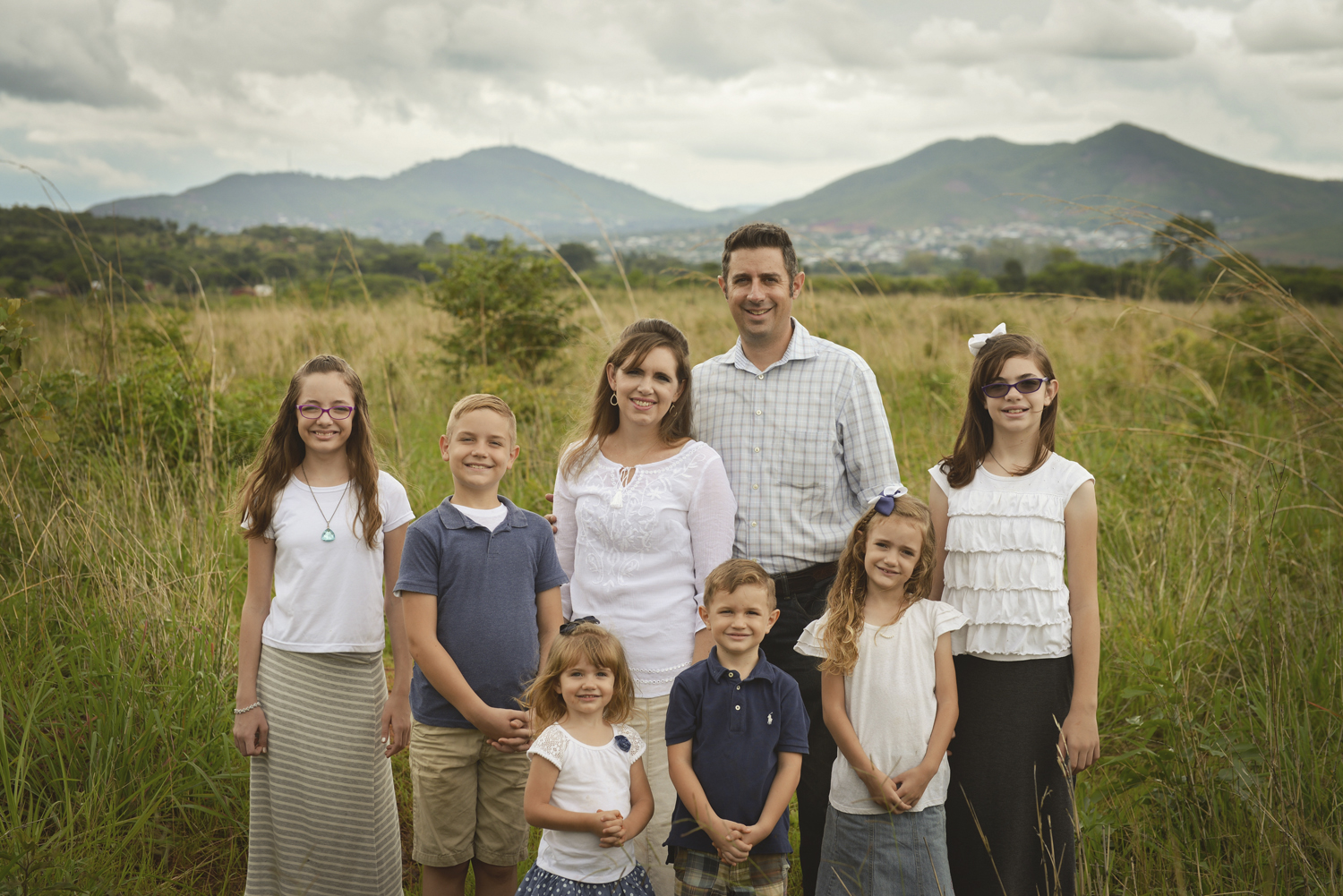Why is Hope Zambia involved in small scale relief aid and humanitarian projects? Should a missionary even participate in such work? And if so, how can we prioritize the Gospel if we’re also involved in helping meet some of people’s most basic physical needs? These are all great questions that we wanted to take a moment to answer.
First let me point out that Hope Zambia’s #1 priority in our mission statement is the preaching of the Gospel and the training of national men and women. Our purpose in everything we do is to equip and empower the local church here and to assist in the starting of more churches in unreached areas. The majority of our time and effort revolves around this.
That said, as funds allow, our organization is also involved in projects that center on clean water and food security. These are two ongoing issues across the continent where we live. 319 million people [1] don’t have access to clean water in Sub-Saharan Africa, and we see how that figure translates into real life [2] while traveling throughout the villages in Zambia’s Eastern Province. People need water to live but it also plays a huge role in cleanliness and sanitation. 50% of childhood malnutrition is associated with repeated diarrhea and intestinal infections. [3] This is a direct result from the lack of water, affecting 35% of all deaths of children under five. [4] We see the places where some people get water to drink, places with major surface contamination. [5] I know it’s common to hear facts like this but they seem to become more real when you personally bury young children even when your best efforts are not enough. In addition to this, food security is another real issue. When 1 out of 4 people lack the food they need to survive, it’s hard for them to hear your message of God’s love. [6]
Every project we do fits into our main mission statement in that they’re all used as a platform to preach the Gospel! When we drill a well, the whole village gathers as we preach about the Water of Life! Often we start Bible studies in the same villages as we build relationships with the people. To illustrate this, let me tell you a story that just happened recently.
There’s a neighboring chiefdom that we’ve been in talks with for over a year. The chief himself invited us a while back to come and setup a church but there’s a lot of planning and logistics when it comes to organizing, acquiring land, and getting the support of the local community. So all of this takes time. In the process, there’s always those who come in with their own agenda and for whatever reason don’t want us in their area. The chief was proposing to his ndunas (special advisors) his desire to give us 10 acres of prime real-estate for free! But there was one guy that didn’t exactly like this idea and objected. However, we didn’t need to defend our position because one by one, several headman that we had previously helped with wells stood up and spoke on our behalf. We were deemed as people of good character that could be trusted because of the few community works that we’ve been involved in. Our projects were the very thing that had won over these key village leaders and in this case, was the door that allowed us to enter a new kingdom for ministry.
We must be intentional with everything we do. From straightforward ministry events to special projects, both are used as a way to help further the reach of the Gospel. This has and always will be our main focus at Hope Zambia. Remember the words of Jesus as he spoke of giving food to those with hunger and water to those in thirst when he said, “Inasmuch as ye have done it unto one of the least of these my brethren, ye have done it unto me.” (Matt.25:40)
.
.
.
[1] – World Health Organization “Key Facts from 2015 JMP Report” Available from:
http://www.who.int/water_sanitation_health/publications/JMP-2015-keyfacts-en-rev.pdf?ua=1
[2] – World Health Organization “Global costs and benefits of drinking-water supply and sanitation interventions to reach MDG target and universal coverage” Available from:
http://www.who.int/water_sanitation_health/publications/2012/globalcosts.pdf
[3] – World Health Organization “WHO in the African Region” Available from:
http://www.afro.who.int/en/clusters-a-programmes/hpr/protection-of-the-human-environment/programme-components/index.php?option=com_content&view=article&id=24&Itemid=122“
[4] – WHO/UNICEF. “Diarrhoea: Why children are still dying and what can be done.” 2009. available at
http://www.unicef.org/health/index_51412.html.
[5] – WHO/UNICEF Joint Monitoring Programme for Water Supply and Sanitation “2015 Report and MDG Assessment” Available from:
http://www.wssinfo.org/
[6] – Population Reference Bureau – Washington, DC.
https://www.prb.org/population-food-security-factsheet/



